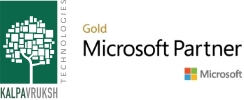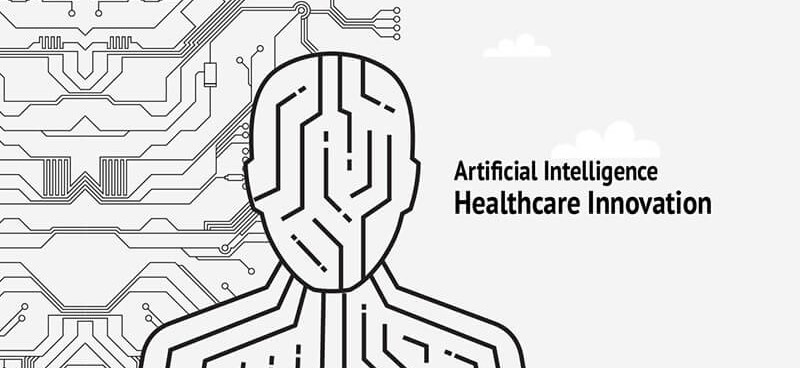How are businesses using Artificial Intelligence today?
Prepare not to be surprised since all this innovation forward leaps into technology will only seem natural.
Artificial Intelligence is already being used across industries such as Financial Trading, Travel, Personal Security (Computing), data security, healthcare, banking, and even marketing personalization.
What would be unnatural, however, is that if you don’t do anything about the rise of machine learning and Artificial Intelligence.
Consider the following businesses and how they use Artificial Intelligence:
- Ocado, an online supermarket is currently building a “computer vision system” with a network of 4G connected robots to replace barcode scanning in its warehouses. This to help streamline warehousing, delivery, and shipping processes.
- The Royal Bank of Scotland launched “Luvo” – a natural, language processing AI robot that can answer customer questions and perform simple banking tasks (money transfers?). Requests are passed to human customer service staff only when Luvo can’t answer questions or handle client requests.
- The Royal Free Hospital in London partnered with Google’s DeepMind to build a mobile app that helps staff monitor patients with kidney injuries or kidney complications.
Artificial intelligence is also being used for natural recommendations for e-commerce, fraud detection, online search, and Natural Language Processing.
With all that potential, it’s only natural that Artificial Intelligence, in combination with Cortana and Microsoft CRM would make for a terrific technology stack that your business can benefit from.

For simplicity sake, let’s take healthcare as our focus for now and see how this AI + Cortana + Microsoft CRM technology trio helps:
Infosys
The Indian IT Giant is already a forerunner when it comes to technology implementation to bring about a massive operation both in India and many other nations.
The healthcare industry worldwide is going through a series of major paradigm shifts in the way the industry operates, and Infosys responded to that with Infosys Analytics Healthcare Solution which helps industry professionals to unlock datasets, track health trends, provide for advanced clinical effectiveness, enhance patient satisfaction, provide operational effectiveness to healthcare providers, and boosts administrative performance.
How does Infosys do that?
Thanks to various Microsoft Analytics offerings including Cortana Analytics Suite, SQL server 2016, Microsoft Dynamics CRM, and more.
Alabama Cares
The Alabama Care is an initiative by the State of Alabama, US, that’s designed to help family care givers, seniors, and the elderly.
It’s a part of the National Family Caregiver Support Program (NFCSP) established in 2000. The Alabama Cares program helps provide information, timely assistance, counseling, respite, and many supplemental services.
Now, The Alabama Cares program is on a war path to deploy infrastructure, solutions, and tools to help meet its goals.
The Alabama Care’s integrated eligibility solution, for instance, will see Microsoft Dynamics CRM online for Governments. The program already uses Microsoft Azure for development and testing.
Moving The Needle On Neural Science
Scientists are on a passionate endeavor to understand and decode human perceptions from brain signals because millions of people suffer from brain-related injuries and other disorders each year.
The brain has 100 trillion synapses and connects more than 87 billion neurons.
Decoding the brain isn’t a cakewalk.
Stand University’s Dr. Kai Miller now teamed up with Microsoft and use Cortana Intelligence Competitions to get the best global talent to help him out.
Microsoft’s Azure Machine Learning (part of the Cortana’s Intelligence Suite) is being provided for no cost to contest participants.
Plus, the entire platform is accessible from any browser while giving contestants a central platform to build and deploy models, collaborate, share documents and notes, and more.
What do you think about the possible ramifications when you combine various technologies available to businesses, organizations, and communities today?



